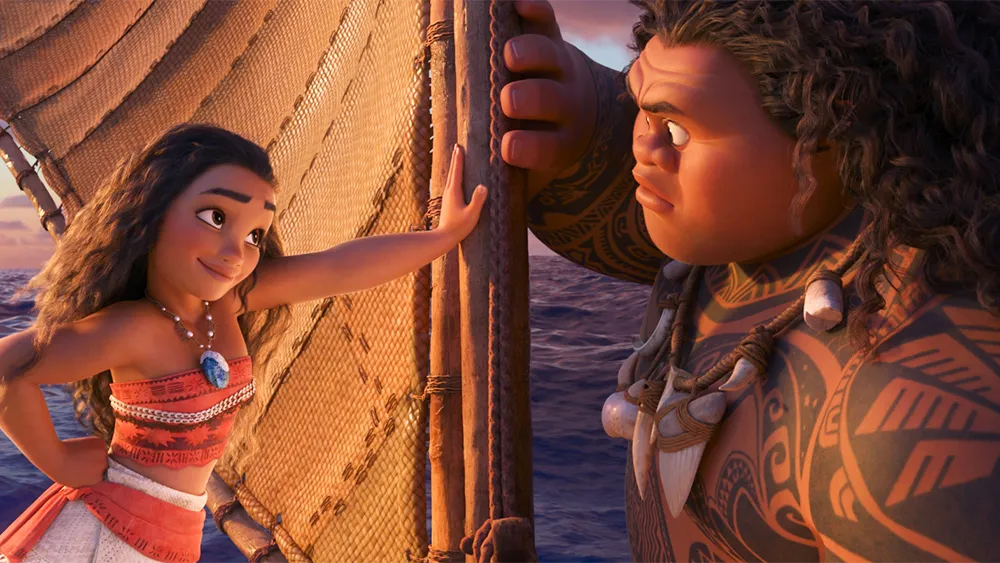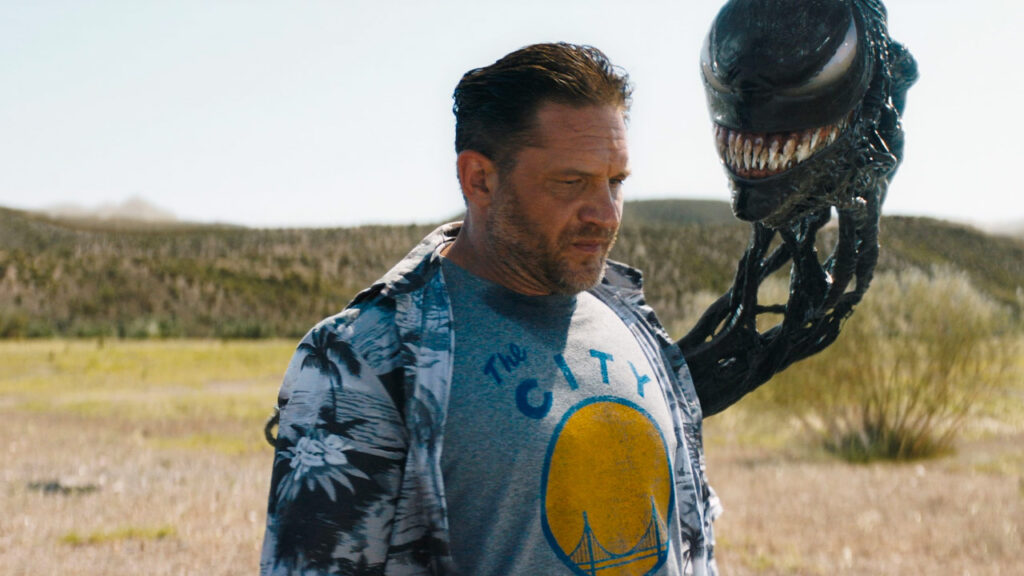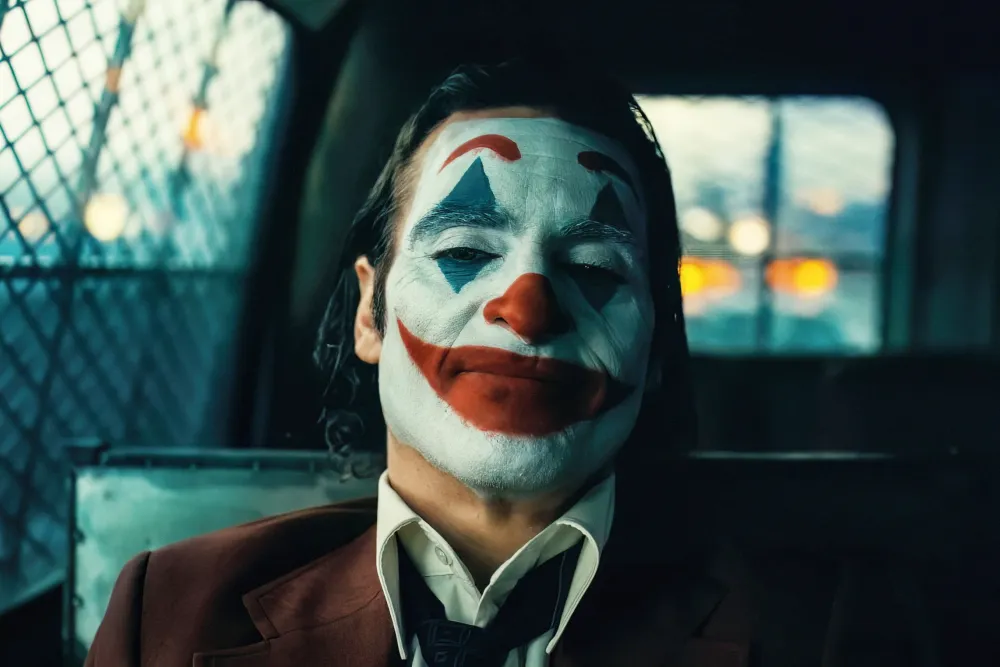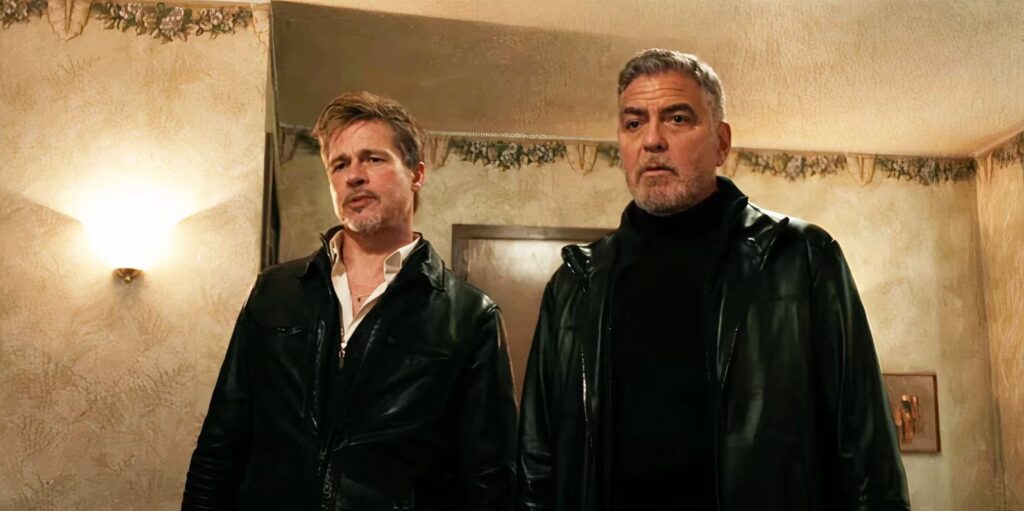Queer: Another Gay in Paradise
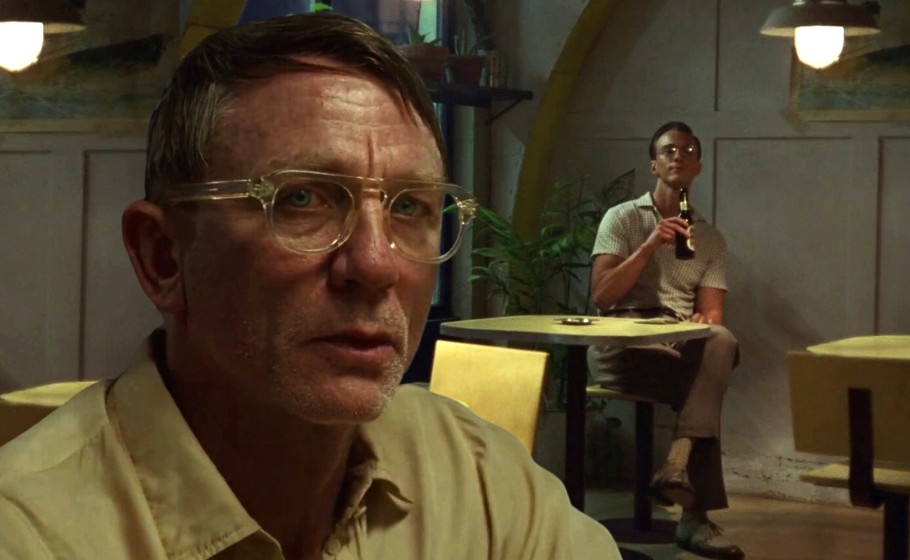
Luca Guadagnino makes movies about lust. William S. Burroughs wrote books about pain. The obvious overlap between those two emotions might suggest a fruitful creative partnership—a provocative picture that marries the writer’s jagged prose with the director’s sensual style. Alas, Queer, Guadagnino’s adaptation of Burroughs’ second novel, is both obtuse and banal, defying comprehension while also courting boredom. It may traffic in addiction, but it isn’t stimulating. It just plunges you into a stupor.
Which might be the whole idea. Being poorly read, I’m only familiar with Burroughs’ work via reputation rather than experience, but I know that he deployed an experimental style designed to mirror his own challenges with substance abuse. To the extent Queer is intended to evoke the perpetual desolation of the junkie, well, mission accomplished I guess? The movie dabbles in purported forms of intrigue—sex, violence, blackmail, journeys in the jungle—but it’s mostly just one long bummer, a sludgy morass of misery. Read More

